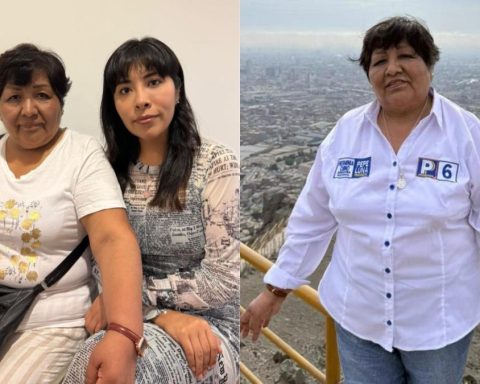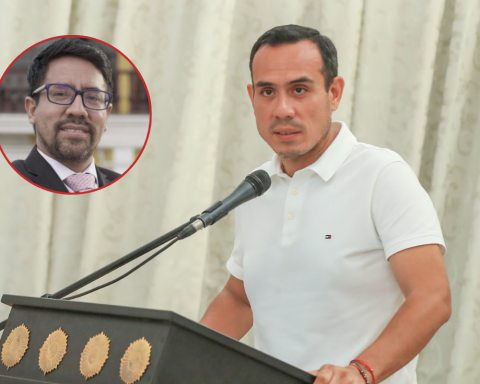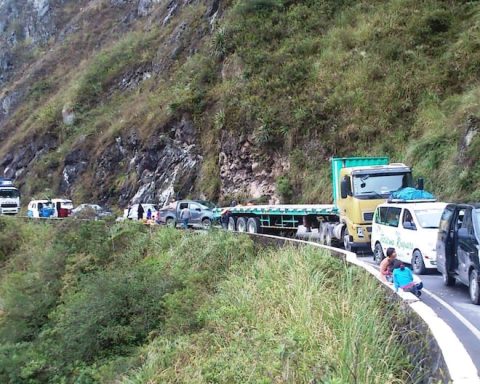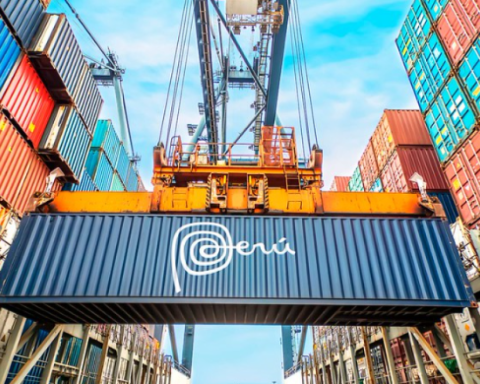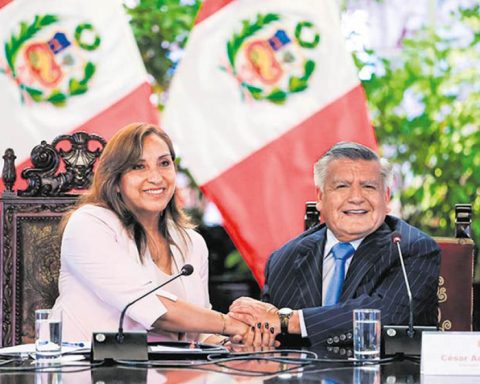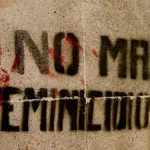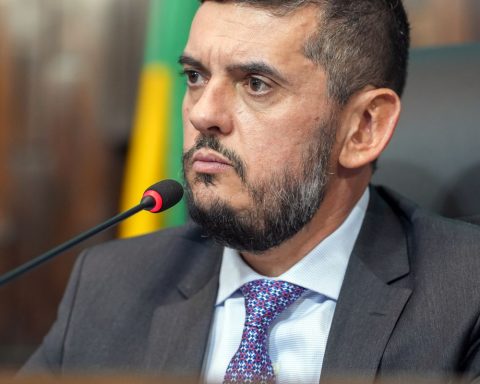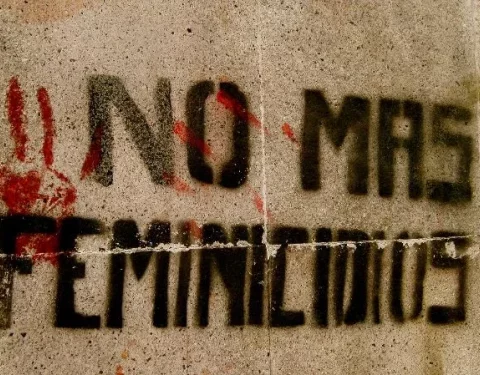The good health of the business community goes through a transparent government, which serves to create a better climate of trust regarding investments, this is how the representatives of the local business community agreed, who, yesterday, were part of the Annual Conference of Executives (CADE ), developed in a decentralized manner on the campus of the Universidad Continental, as an extended arm of CADE Paracas.
WATCH THIS: Apafas de Junín demand that Pedro Castillo increase the budget to 10% of GDP
William Rodríguez, dean of the Faculty of Business Sciences at the Continental University, said that “the government should focus on proposing development issues, before trying to solve its problems.”
“The businessman of the region is dynamic and enterprising, he does not want an environment of mistrust and instability,” he said during the event called “Peru in emergency, Peruvians in action.”
At another time, Rodríguez Giráldez thought that “political problems at the government level harm the business sector and that the Castillo administration is an obstacle to its growth purposes.”
He did not hesitate to point out that a good atmosphere also goes through an adequate selection of personnel in the ministries, which, in his opinion, is not working with President Pedro Castillo.
An unviable country
For his part, Robert Salameh Mubarak, manager of Contratistas Generales SRL, affirmed that the Government should be more concerned with development issues than with trivial matters. “The way things are going, Peru is on its way to being an unviable country, because corruption is gaining ground,” he said during his presentation.
WATCH THIS ALSO: Mayor of Huancayo, Carlos Quispe on Diestra: “I cannot make a decision, the next administration will”
He noted that the news that most entertains the media are those related to corruption. “Every day you breathe corruption,” she specified.
Meanwhile, the president of the Chanchamayo Chamber of Commerce, Sire Martínez, said that the government must rethink its policy in the economic field, respecting the institutions and promoting investment.
He was clear in pointing out that the pending task of the State is to delve into the formalization of a large sector of the business community, instead of persecuting them.
On the other hand, he reported that within the scope of the Chamber of Commerce there are more than 400 members, of which about 60 are active. In terms of informality, 70% require State support.

